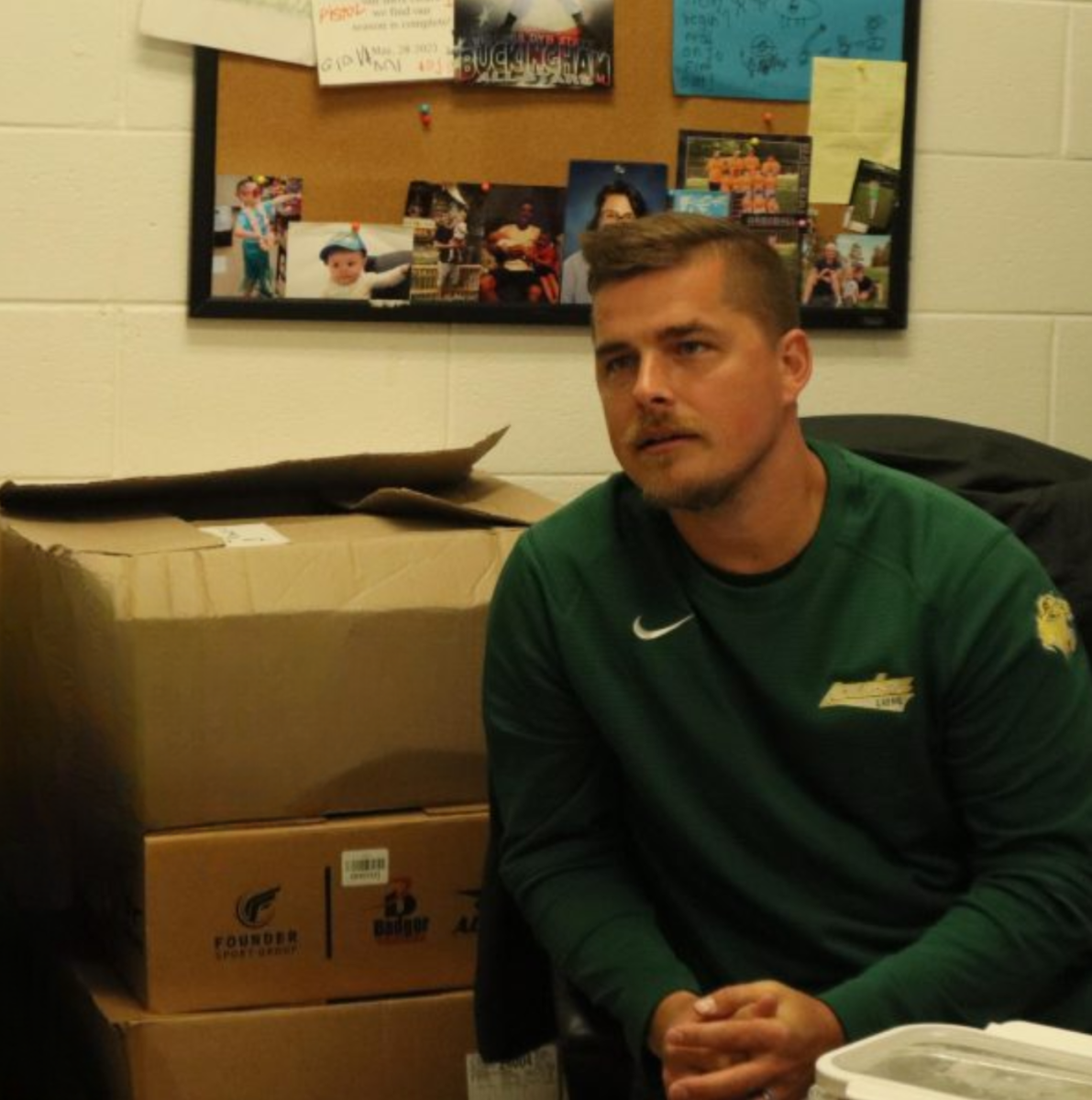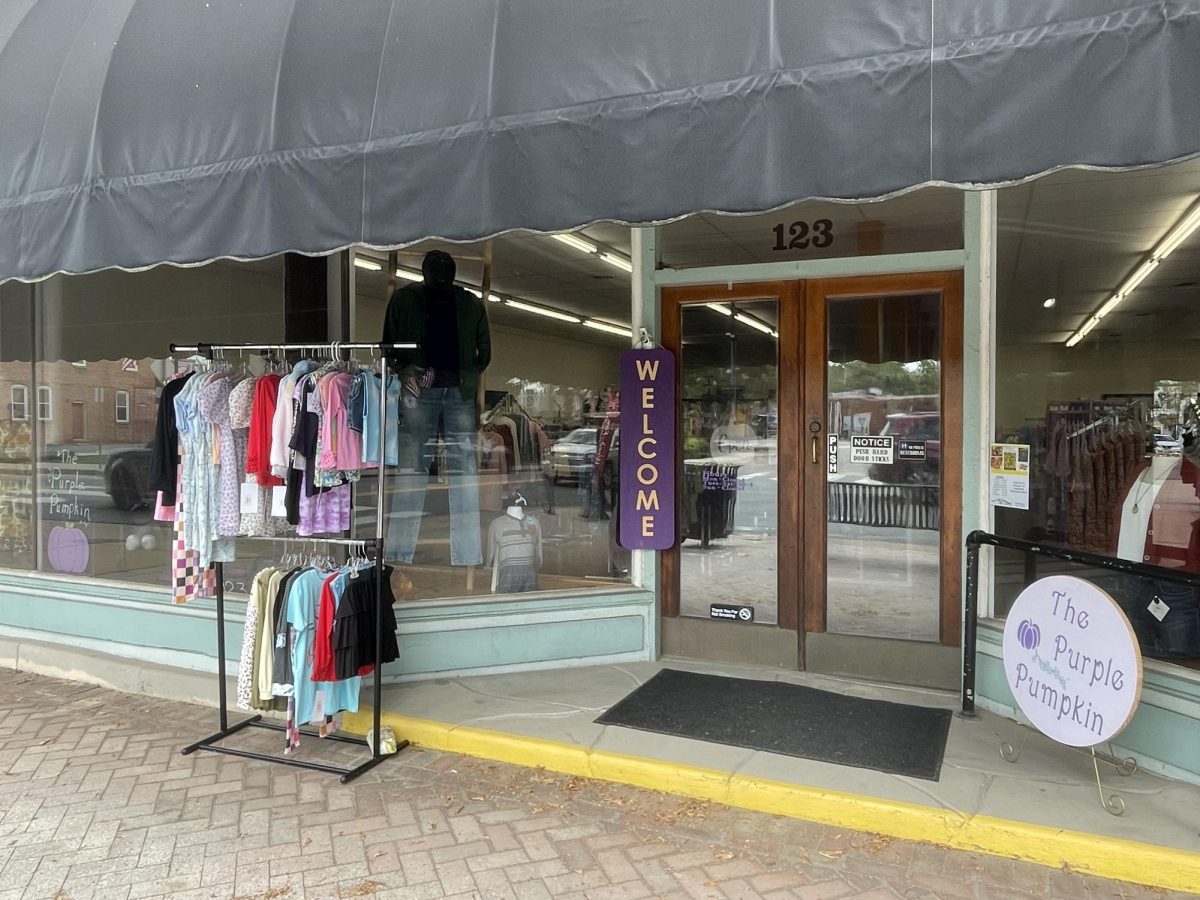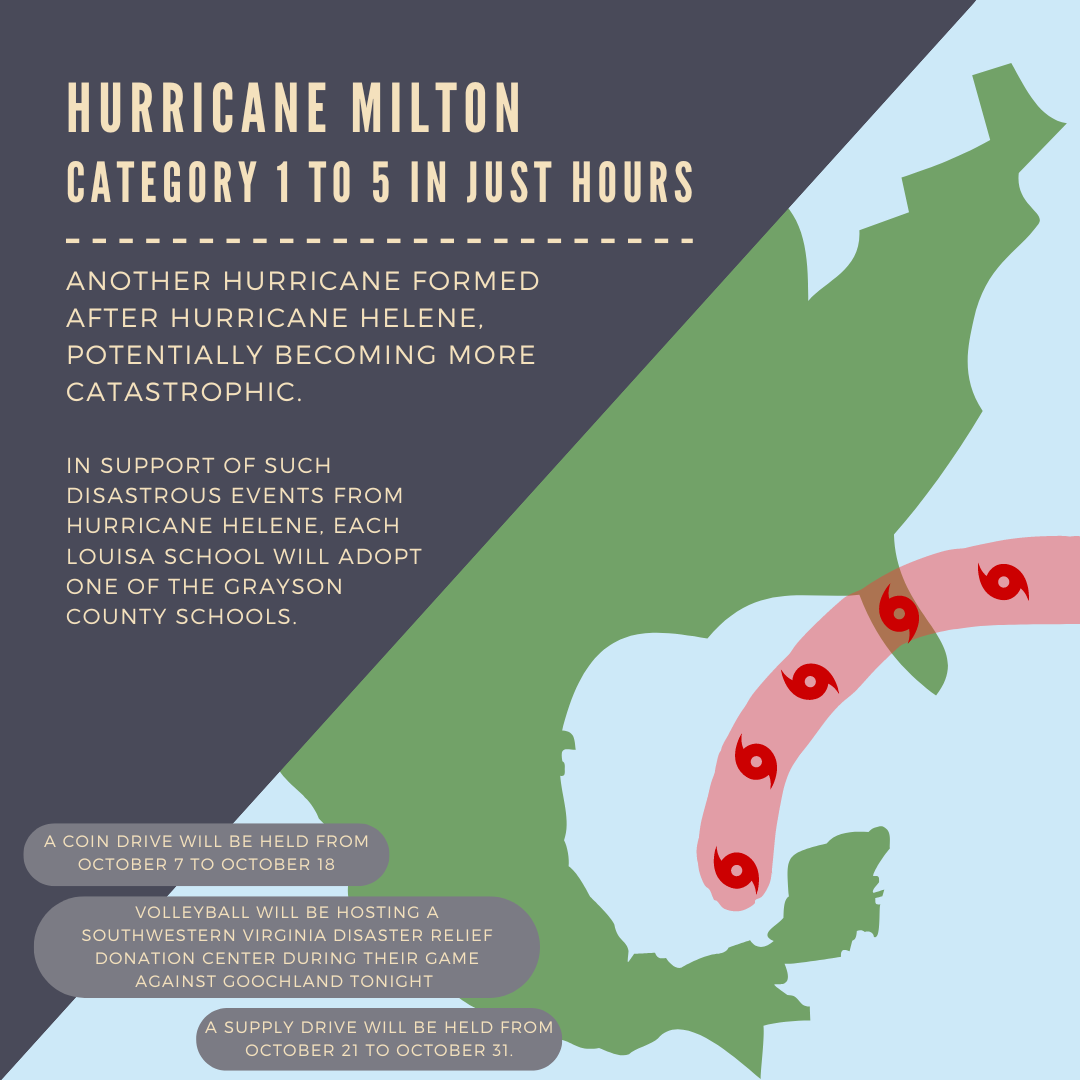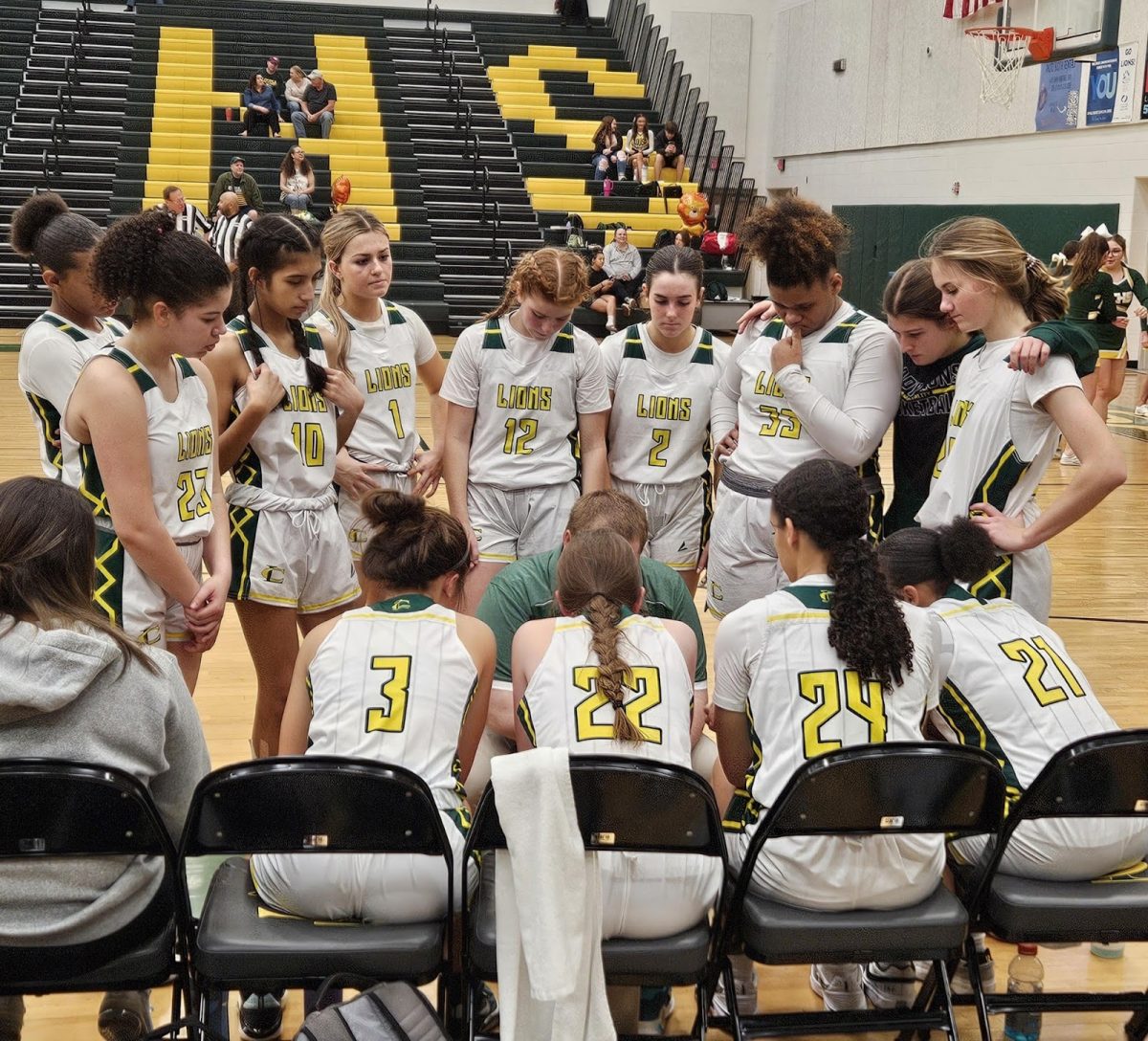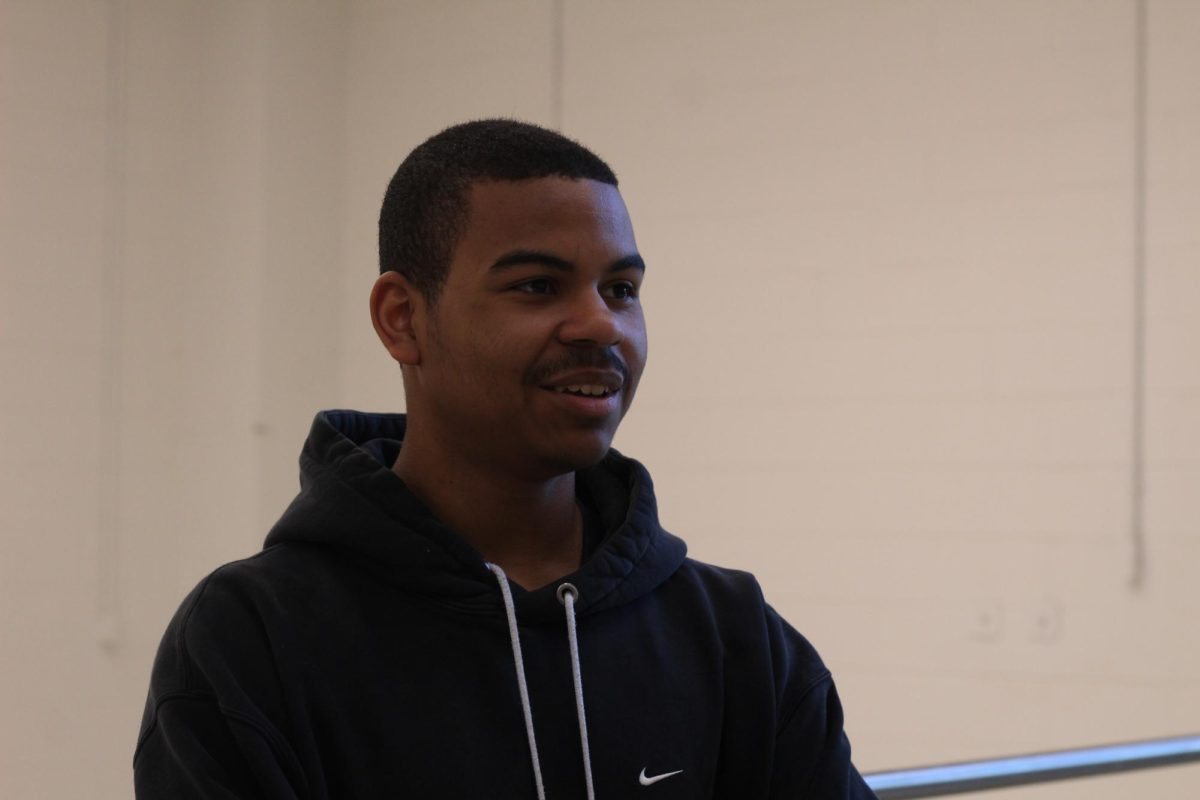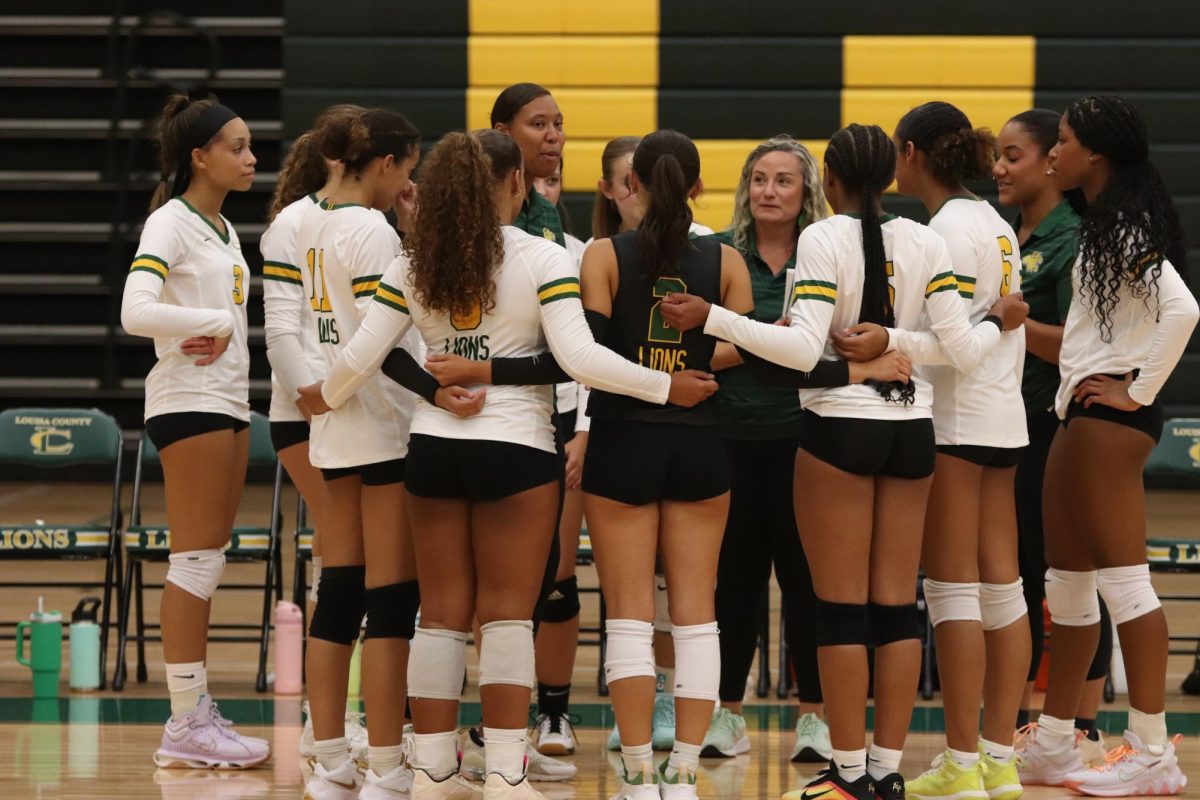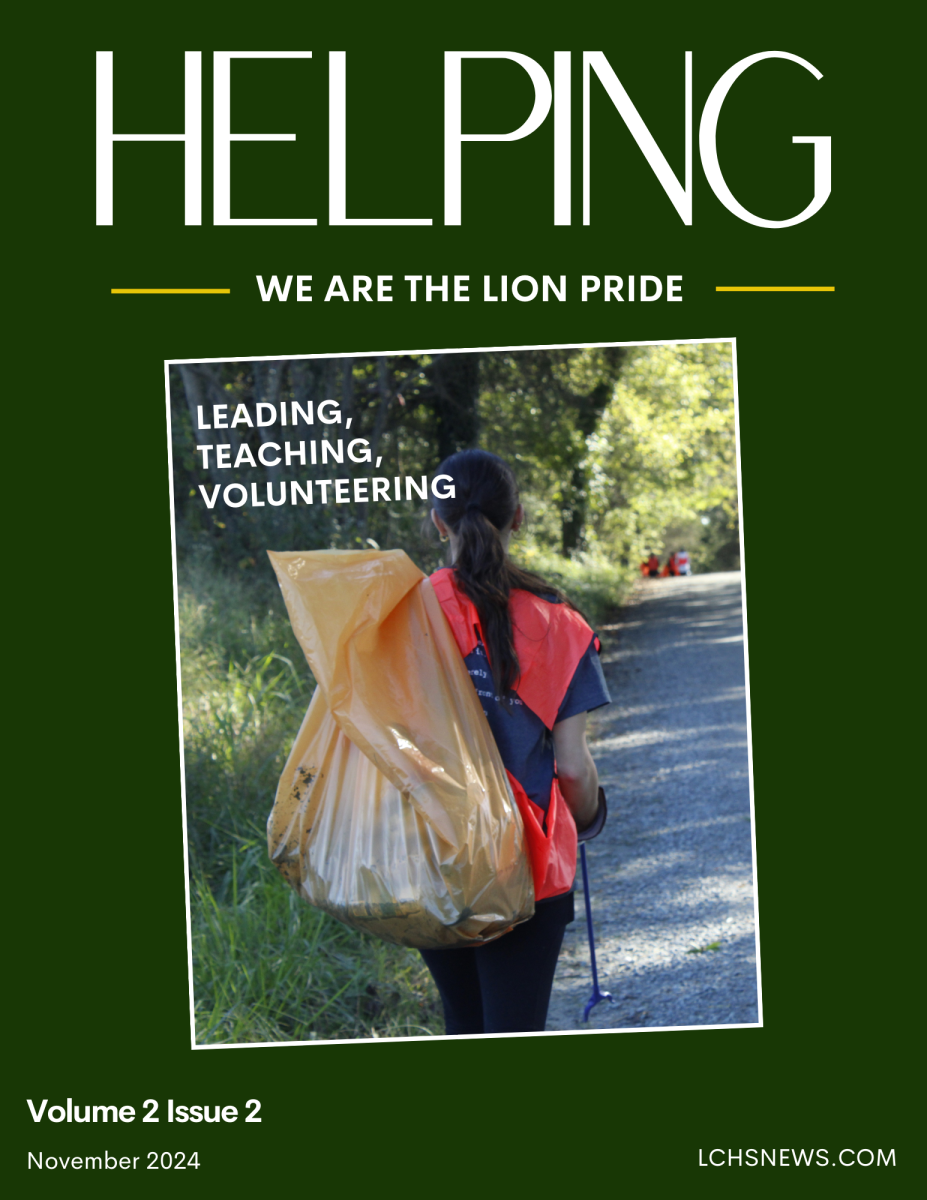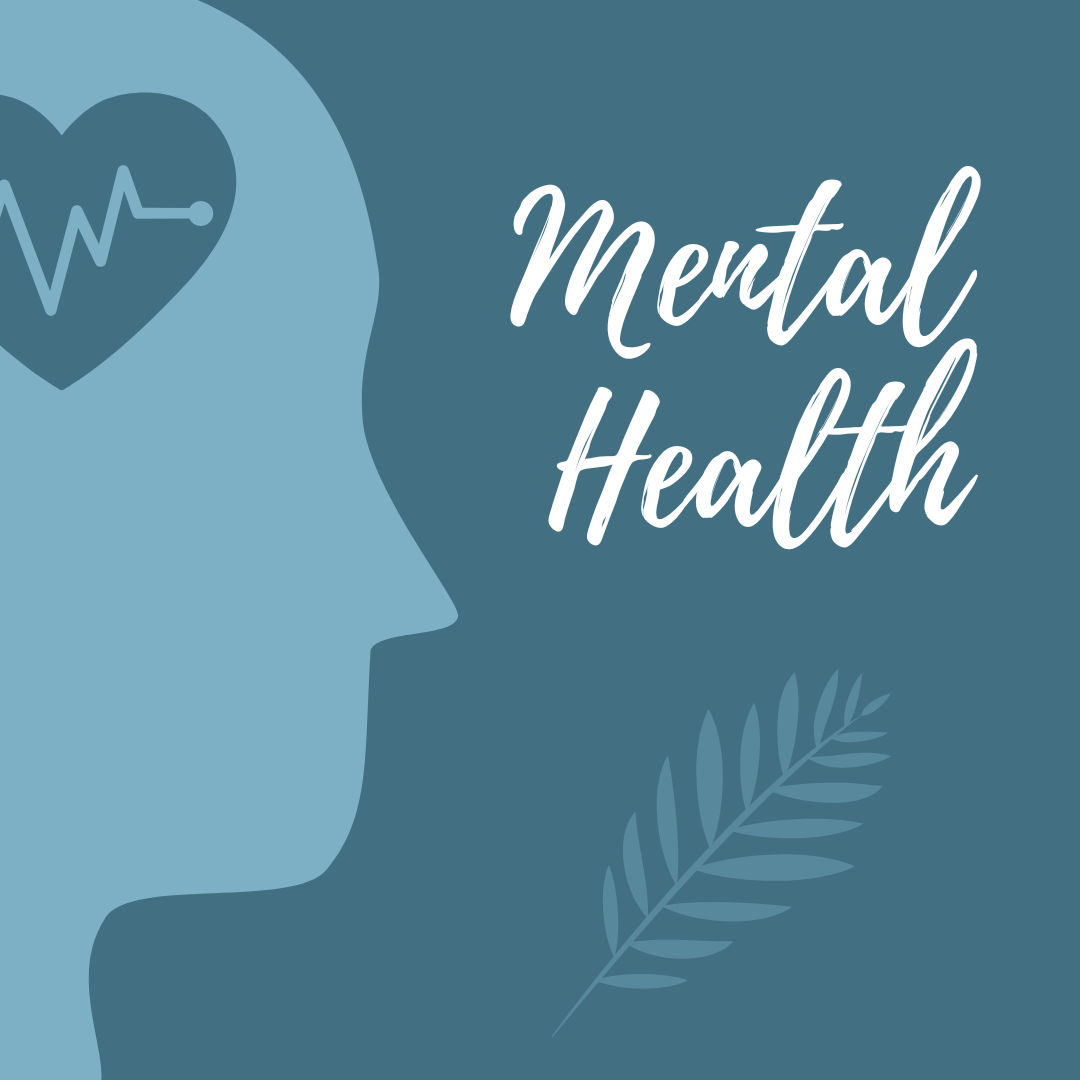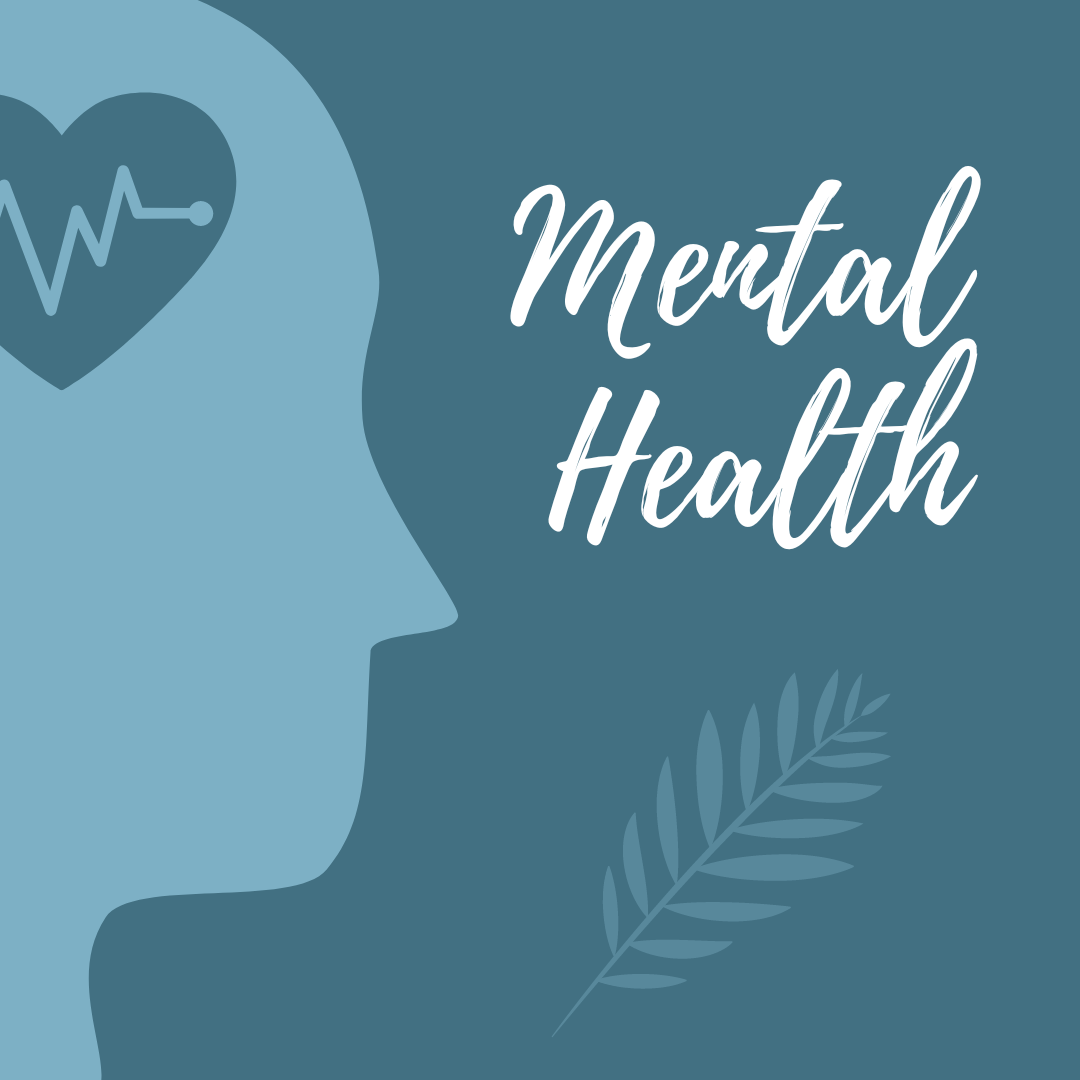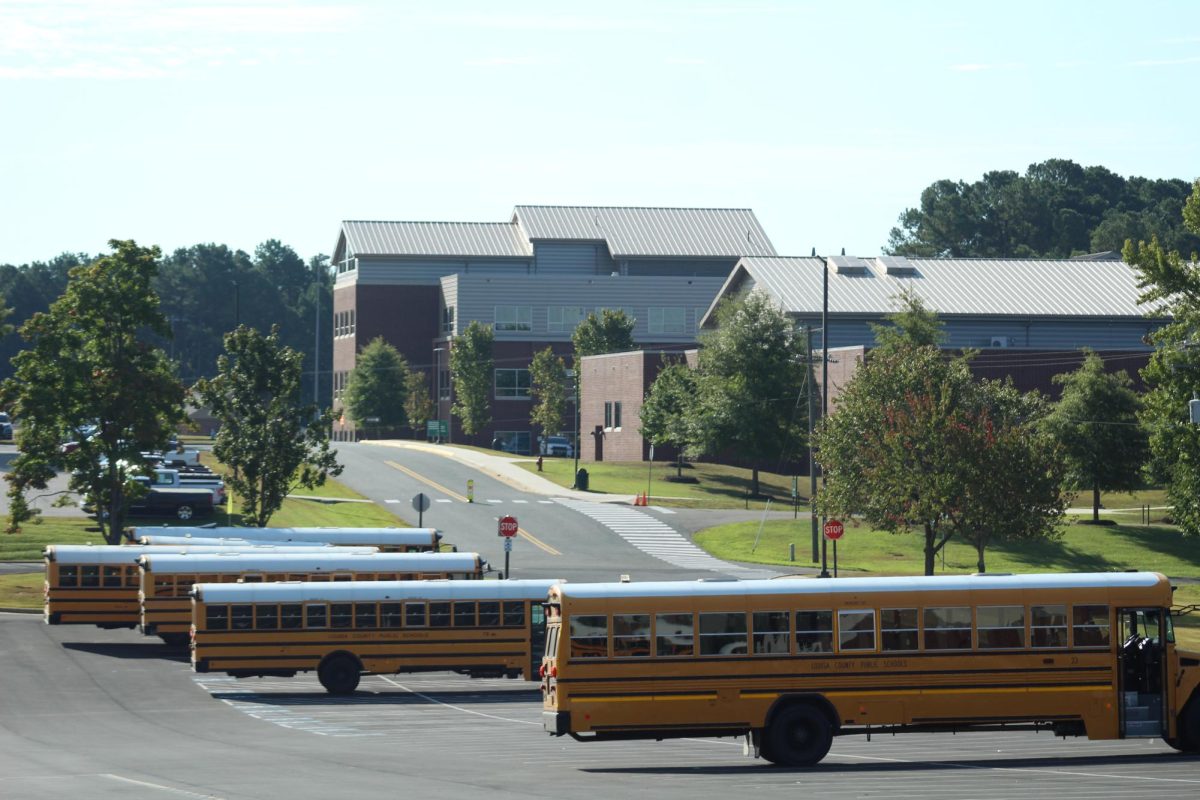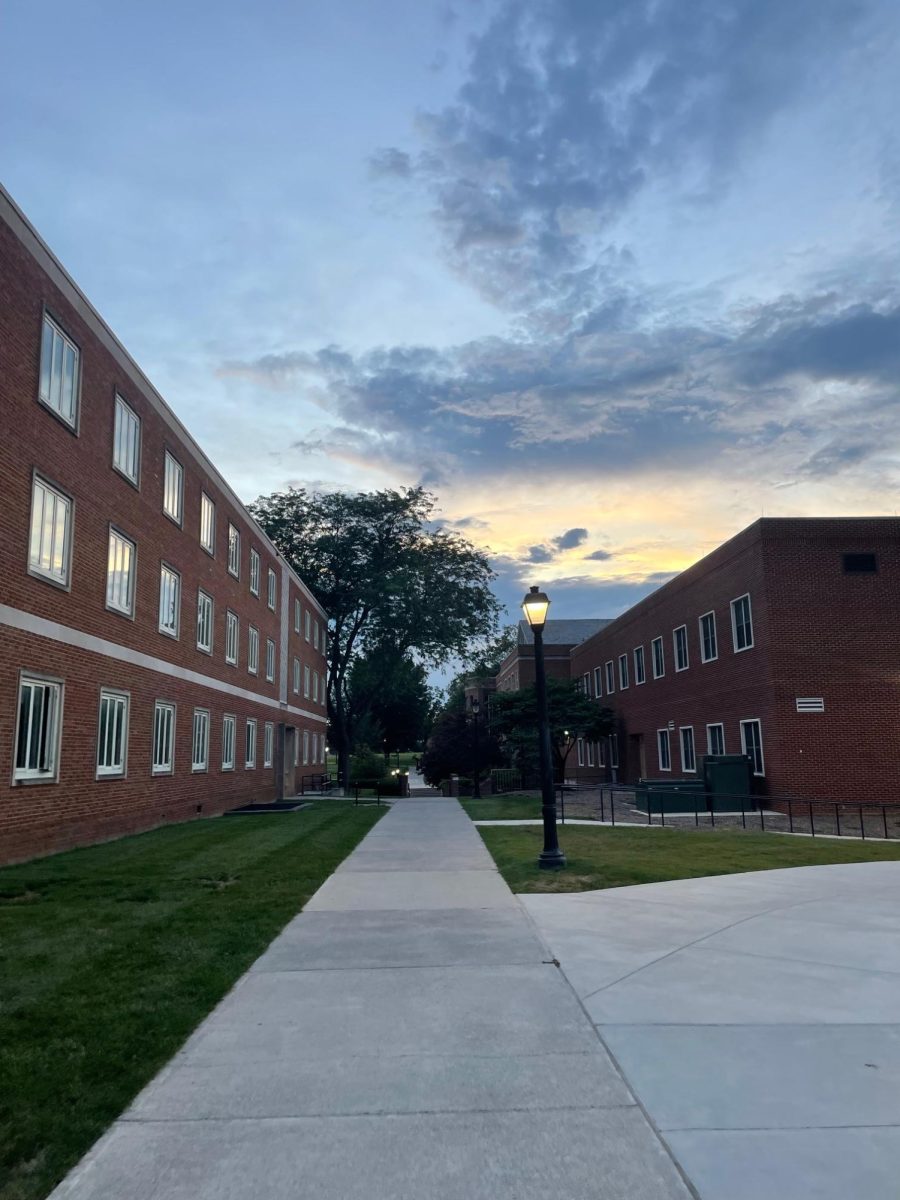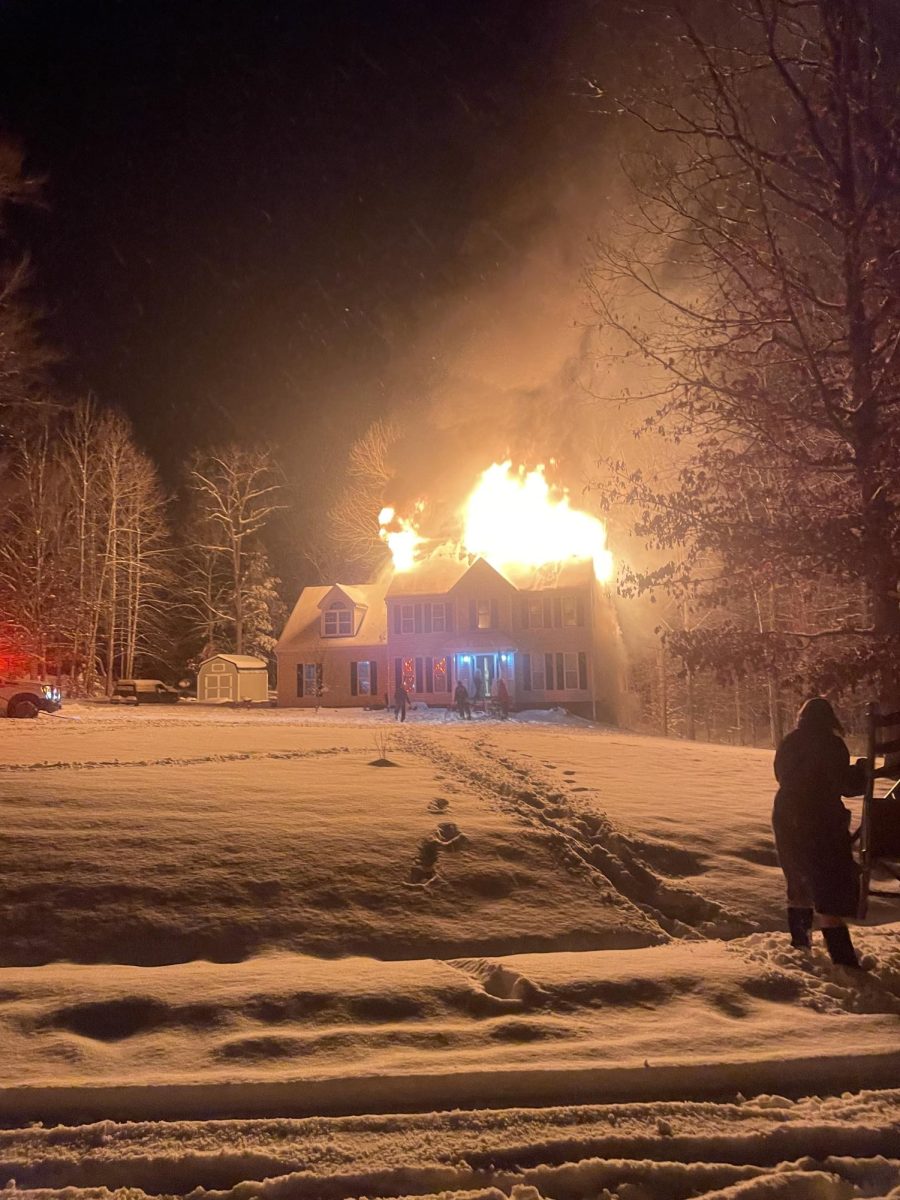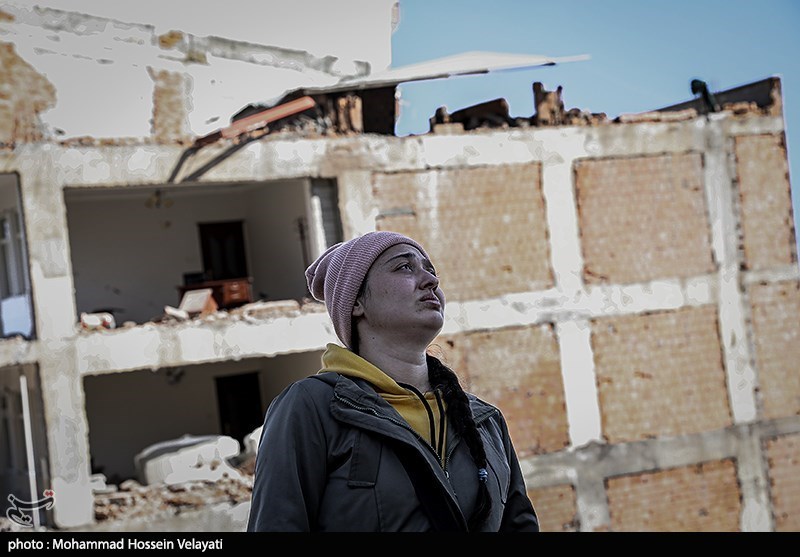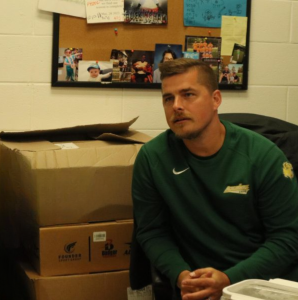Earthquakes, Infrastructure, Corruption and War
Tasnim News Agency, CC BY 4.0
City of Adıyaman Türkiye after the 7.8 magnitude earthquake.
March 29, 2023
On Feb 6, a 7.8 magnitude earthquake struck southern Turkey and northern Syria followed by multiple other earthquakes, tremors and aftershocks. As a result of the earthquakes, millions of people lost their homes or have otherwise been displaced, and as of late February, over 50,000 have passed (Reuters). Many in the region require care for their physical or psychological trauma as well as new shelter for their families.
Because of the poorer conditions, infrastructure, and economic power of Syria and Turkey, the people impacted would greatly benefit from foreign aid and refuge. The best way an individual could help would be to donate to a Non Government Organization such as Ahbap, Akut, Doctors Without Borders, CARE Türkiye and Syria or International Red Cross Syria.
For reference on the impact of this 7.8 magnitude earthquake, the earthquake that hit Louisa in 2011 was two magnitudes smaller. Two magnitudes may not seem like a lot, but the difference is 100 times in size and 1000 times in power/energy released (magnitude calculator). Those who were here at the time know the 2011 earthquake was no common earthquake.
“I looked up and thought wow Mr. Harris’ class is really loud today, then all of a sudden you knew it wasn’t a classroom above you,” Special Education Teacher Sayward Labrador said. “At that moment, you don’t really know what’s going on. You just know that for some reason the whole world just shook and you’re just trying to make sure that the kids are safe and that you didn’t lose anybody.” Labrador said. “We sheltered in place. We didn’t move and we were one of the last classes out of the building.”
Sheltering in place is the best thing to do immediately during an earthquake, but the structural quality of a person’s shelter makes an incredible difference in the damage caused and likelihood of survival (CDC). Unfortunately, because of war and limited resources in Syria and corruption in Turkey, many buildings were not built with the proper safety requirements for natural disasters. Louisa’s prior high school was very close to the epicenter of a smaller but still notably large earthquake and suffered damages. However, it still kept some structural integrity so that everyone could walk out safely.
“When I was coming out, I could see the staircase was pulled away from the wall and throughout the hallways ceiling tiles had fallen down and dust was everywhere,” Labrador said. “It was a crazy experience that I’d be ok never going through again. Everytime I hear a train it hits a certain way, the sound of an earthquake sounds a lot like a train coming, so I always think if it’s an earthquake… and as for the people in Turkey and Syria, I feel for them.”
Natural disasters are inevitable, but the damage caused by them can be mitigated with proper infrastructure, regulation and geological monitoring. We have the capability to be better prepared for disasters on a global scale which would save millions of lives. But much like food and housing insecurity, the problem is a failure of global distribution and logistics, a failure that is greatly exacerbated by greed, control and war.
In Turkey, President Recep Tayyip Erdogan and his administration came into power not long after an earthquake hit the country in 1999. Erdogan used the earthquake to garner support, claiming that he would increase the country’s earthquake preparedness and imposed an earthquake tax. Instead of using the funds appropriately or enforcing regulations, Edrogan, in his two decade regime, has taken bribes from private developers, allowing them to build cheaper and weaker buildings, and he has mishandled funds designated for infrastructure and emergency services (NPR).
In Syria, many obstacles inhibited getting aid to the people who were homeless or trapped under rubble, especially during the first week after the quake. The material and economic conditions are dire compared to Turkey, and much of Syria was already in complete turmoil due to the decade long civil war in the country. The war in Syria is convoluted and fought between many different groups which have their own self interests, but the regime currently in power of the Syrian republic is dictated by Bashar al-Assad. According to Reuters, for the first week of fallout, Assad blocked foreign disaster relief from entering parts of Syria controlled by Syrian rebels and the US armed Kurdish diaspora who have been devastated by political turmoil in the middle east.
As much as natural disaster has damaged Syria and Turkey, proxy-war, profiteering and mass armament has damaged it much more. And the time, labor and resources that militias and governments have spent on murder in Syria, could have built infrastructure instead of tearing it down.
Infrastructure both saves lives from natural disasters and improves quality of life. In Japan, a country that sits on multiple fault lines and experiences some of the world’s strongest earthquakes, there are skyscrapers which are earthquake proof due to innovative seismic dampers. Japan also has an extensive and sturdy high-speed rail system which allows people to cleanly and safely travel across the country even during an earthquake.
Japanese infrastructure is a prime example of what is possible with effective regulation and economic independence. Unfortunately, building such quality infrastructure and quality of life is a near impossible task for people within the global south, especially in countries like Syria where development is stifled by war and sanctions.
Syria was home to incredible, culturally rich architecture and a growing infrastructure from the city of Aleppo to the oldest city in the world Damascus, but now these cities are warzones and many of the people living there are refugees. In America, people often have the attitude that the struggle people face in other countries like Syria is not our concern or burden to bear in any way, but this couldn’t be further from the truth. Not only is the US best equipped to make a difference as the wealthiest country in the world, there is also some shared responsibility since much of it’s wealth comes from corporations extracting resources and using labor from underdeveloped countries.
With the incoming climate crisis, our generation has to be the first to realize that global development doesn’t have to be a zero sum game. It is more important than ever to come together and move towards peace by demilitarizing while bringing investment and infrastructure to the developing world, making our planet safer for everyone.
Tasnim News Agency, CC BY 4.0 <https://creativecommons.org/licenses/by/4.0>, via Wikimedia Commons


